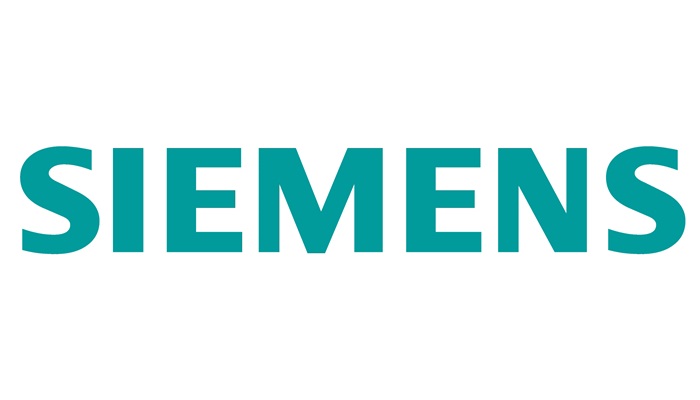Disruptions happen to organisations all the time, but rather than having a negative impact on relations between managers and staff, a new report says a well-handled crisis can retain and even improve trust from employees.
SparkEffect’s State of Organisational Trust report revealed that 71% of companies experienced some form of disruption within the past 24 months.
The most common disruptions encountered by organisations are AI-driven system change (37%) and leadership turnover (36%). Others said they’ve also experienced:
- Layoffs or restructuring (28%)
- Personal crisis (24%)
- Culture shift (23%)
- Job redesign (20%)
“Disruptions are inevitable. Organisations don’t control whether bad things happen. They control how they respond,” the report stated.
“And in that response, they either deposit trust into the account or withdraw it, sometimes with overdraft fees.”
Impact on trust
According to the report, manager trust is the most impacted aspect in workplaces during disruptions, even greater than organisational trust.
This comes despite findings that employees trust their direct managers more than their organisational leaders.
“While trust in local leaders often starts higher than trust in the organisation as a whole, it’s also more fragile,” the report read.
“In other words: when the organisation stumbles, it’s the local leader on the ground who takes the hit.”
Impact of well-handled disruption
But the report noted that disruptions don’t always lead to reduced trust from the workforce.
Organisations that handled their disruptions “exceptionally well” resulted in a +12% increase in trust scores compared to companies that didn’t experience a disruption.
“Disruption does not always result in decreased trust,” the report said.
“A well-managed crisis doesn’t just protect trust — it can build it beyond baseline levels, turning a moment of vulnerability into a lasting advantage.”
Organisational leadership communication during disruptions emerged as a strong factor that improved employee trust, according to the report. Other trust builders during disruption include:
- Fair treatment and empathy toward employees
- Opportunities to voice concerns and be heard
- Visible alignment between changes and organisational goals
Meanwhile, actions that can reduce trust include:
- Lack of transparency around uncertainty or trade-offs
- Perceived misalignment between leadership decisions and employee needs
- Poor handling of technology or systems rollouts
“The implication is again clear: leaders should not only aim to minimise damage in a crisis, but proactively use disruption moments to demonstrate values, clarity, and fairness, because the potential trust gains are measurable and substantial,” the report read.
“The question isn’t whether you can avoid a crisis – it’s how do you stick the landing when the inevitable happens.”
Source – https://www.hcamag.com/asia/news/general/surprising-upside-of-workplace-disruption/551252




















